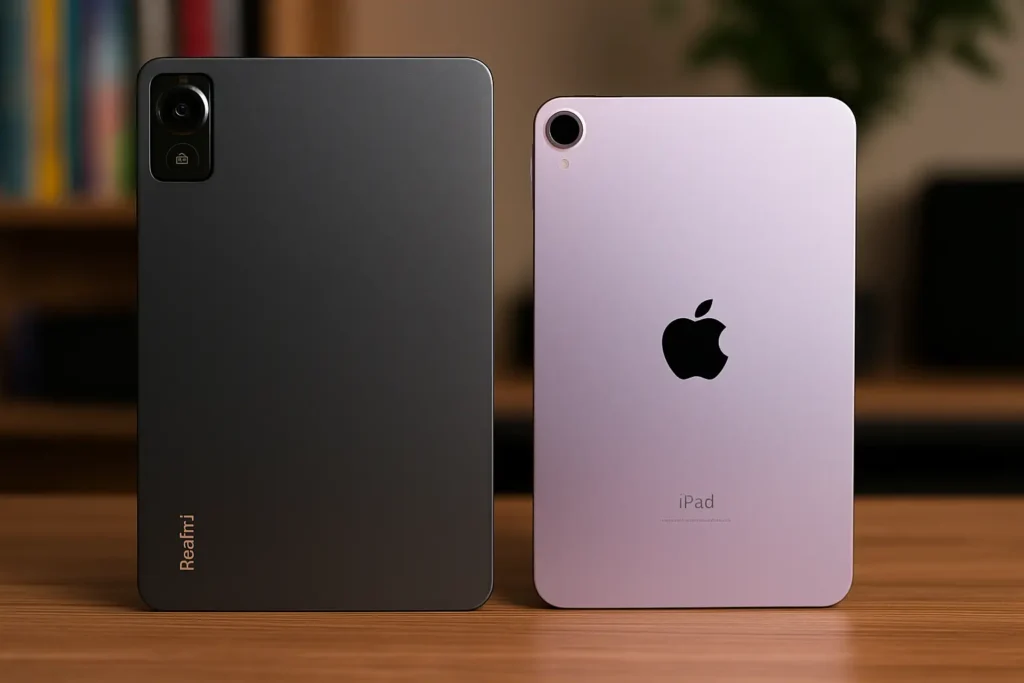Buying a new laptop is a big decision — and often, a big expense. But whether you’re shopping for work, school, or content creation, you don’t need to spend a fortune to get a reliable machine. With a bit of strategy, you can get excellent value for your money. Here are some smart tips to help you save when buying your next laptop.
1. Know Your Real Needs
Skip the hype. If you’re only using your laptop for web browsing, documents, or streaming, you don’t need a high-performance machine with gaming-level specs. Identify your top priorities — screen size, battery life, storage — and avoid paying for features you won’t use.
2. Focus on Specs, Not Brands
Brand loyalty can cost you. Instead of choosing based on logo, compare essential specs like processor type, RAM, storage, and display quality. Many lesser-known brands offer excellent performance at lower prices if the configuration suits your needs.
3. Buy Last Year’s Model
Manufacturers release new models every year, but the upgrades are often minor. Last year’s model may offer 90% of the same features at a significantly lower price. Retailers usually discount these models to make room for new stock.
4. Take Advantage of Student or Seasonal Discounts
Back-to-school sales, Black Friday, and other promotions often include laptop deals. If you’re a student, many brands also offer education discounts — sometimes even free upgrades or bonus accessories.
5. Consider Refurbished or Open-Box Units
Certified refurbished laptops go through testing and repair before resale and often include warranties. Open-box items (customer returns in excellent condition) are another great way to get like-new tech at a discount.
6. Avoid Unnecessary Add-ons
Be careful during checkout. Retailers may suggest pricey accessories — high-end headphones, premium software, extended warranties — that you may not really need. Start with the basics and upgrade later if necessary.
7. Set a Budget and Stick to It
Decide your maximum budget before you shop and resist the urge to overspend on features you won’t use daily. Having a set price range will help narrow your options and prevent impulse buys.
Final Tip:
Saving on a laptop isn’t just about finding the lowest price — it’s about getting the most value. With research, timing, and a clear understanding of what you need, you can land a great deal without compromising on performance.



